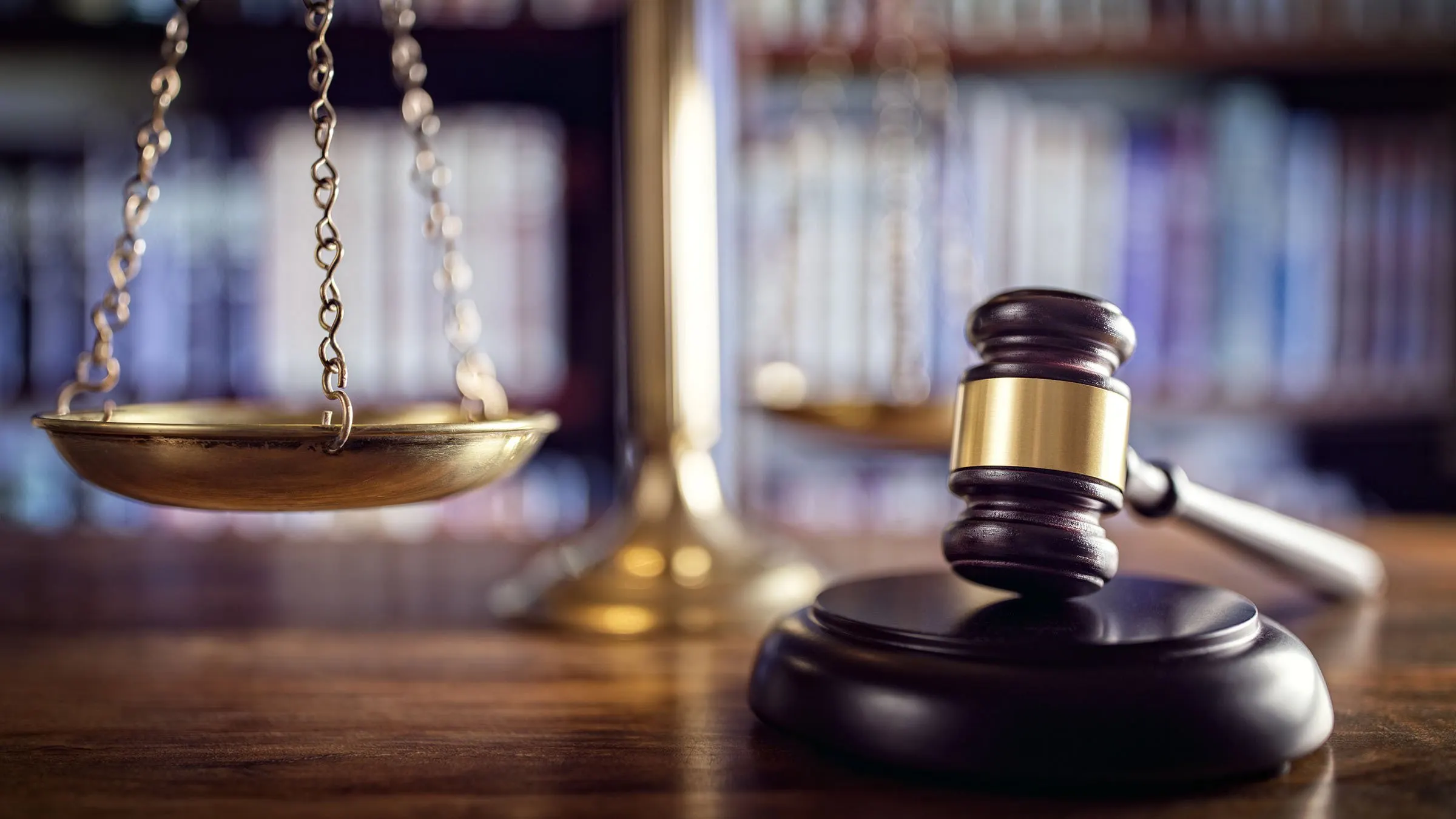A federal judge has ordered the copyright infringement case against AI image developers Stability AI, Midjourney, and the online art community DeviantART to move forward, according to court documents released Monday. The lawsuit—brought by attorneys for artists including Sarah Andersen, Kelly McKernan, and Karla Ortiz—alleges the developers used their work without permission to train their respective AI models.
According to court documents shared by the Hollywood Reporter, U.S. District Judge William Orrick, who has been overseeing the case, granted the dismissal of the claims of infringement under the Digital Millennium Copyright Act (DCMA) as well as the claim of “unjust enrichment.”
Judge Orrick did, however, allow the claims of copyright and trademark infringement, respectively, to move forward, denying the defendant's motion to dismiss.
"The court declined to dismiss some of the artists’ claims—that means those claims survive the pleading stage, and the artists live to fight another day,” IP litigator at the law firm of Knobbe Martens, Mark Lezama, told Decrypt. “But the artists didn’t have to address what may be their biggest hurdle: a fair use defense.”
Fair use refers to a legal principle under U.S. copyright law that allows limited use of copyrighted material without the need to obtain permission from the copyright holder.
“The court repeatedly emphasized that it would need to assess fair use on an evidentiary record. For the moment, that’s a victory for the artists, who get to unlock the doors to discovery and gather evidence to support their theories,” Lezama explained. “But the court also pointed out that the AI companies could test fair use on summary judgment.
“If the defendants are successful on summary judgment, the artists won’t see a jury,” he added.
Other artists participating in the lawsuit include Hawke Southworth, Grzegorz Rutkowski, Gregory Manchess, Gerald Brom, Jingna Zhang, Julia Kaye, and Adam Ellis. Video AI image generator Runway was also named in their legal filing.
In October, Orrick dismissed most of the claims against AI generator Midjourney and DeviantArt, ruling that the plaintiffs had not provided enough evidence to support their claims of copyright infringement. Despite this, Orrick did allow a separate claim of infringement by Andersen against AI developer Stability AI, the creator of Stable Diffusion, to move forward.
Stability AI declined to comment on the case. Representatives for DeviantArt, Runway, and Midjourney did not immediately respond to a request for comment by Decrypt.
In November, Stability AI’s head of Audio, Ed Newton-Rex, quit the company over its justification for using copyrighted material.
“I’ve resigned from my role leading the Audio team at Stability AI, because I don’t agree with the company’s opinion that training generative AI models on copyrighted works is ‘fair use,’” Newton-Rex wrote on Twitter.
Edited by Ryan Ozawa.

